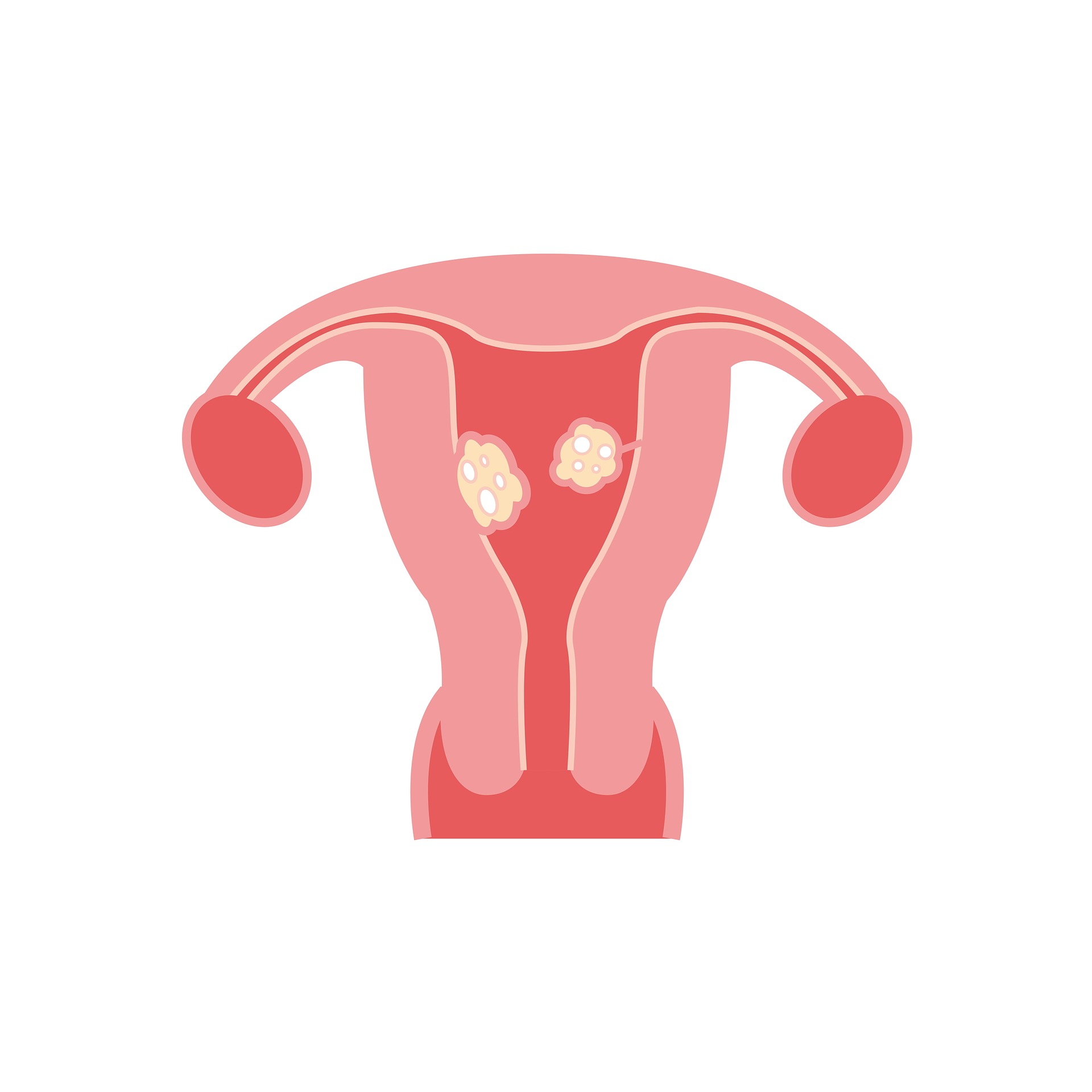The 5 Most Common Fibroid Symptoms

Many women deal with fibroids. Uterine fibroids are non-cancerous tumors that grow in and around the uterus. Some fibroids never cause symptoms, but women who do endure symptoms from fibroids may find them very uncomfortable. Below, we’ll go over the five most common fibroid symptoms and what you can do if you think you may have fibroids.
- Heavy Menstrual Bleeding
Heavy menstrual bleeding, also called menorrhagia, affects many women, even those without fibroids. Heavy menstrual bleeding is characterized by menstruation that lasts longer than seven days or involves more blood flow than is typical. If your heavy menstruation disrupts your daily life, it could be a symptom of uterine fibroids. As well as being extremely uncomfortable and inconvenient, long-term heavy menstrual bleeding can also cause exhaustion due to anemia and increased menstrual cramps because of the fibroid’s interference with the uterine muscles.
- Low Back Pain
Many women experience low back pain during or right before menstruation. However, if your low back pain is more severe than it once was, it could be because of uterine fibroids. As fibroids grow, they cause pressure in and around your uterus, which can cause low back pain.
- Frequent Urination
Sometimes a fibroid tumor can put pressure on your bladder. When this happens, you may have the urge to urinate several times during the day and at night. Your healthcare provider can provide management options for this symptom.
- Pain During Sex
Pain during sex is called dyspareunia. It is genital pain during or after sex. The pain can be felt internally or externally. Fibroids can cause pain during sex because the tumor changes the shape of the uterus, which makes any pressure in the area uncomfortable or painful. The pain may also be attributed to an underlying medical condition such as an infection. A physician can determine the cause of pain during sex and determine a course of treatment. If fibroids have interfered with your hormonal balance, it could also cause a decreased libido.
- Constipation
Just like fibroids can put pressure on your bladder, the tumors can affect your bowel movements too. Constipation is when bowel movements become less frequent and are challenging to pass. It can occur due to changes in routine or diet. Your healthcare provider can determine what is causing your constipation. A treatment plan can help manage the symptom related to uterine fibroids.
If you’re dealing with any of the symptoms mentioned above or suffer from fibroids and are looking for treatment options, don’t hesitate to get in touch with Image Guided Surgery today. Our team of professionals specializes in the diagnosis and treatment of uterine fibroids. We specialize in fibroid treatment, employ medical team members, and have modern equipment. We will discuss your symptoms and options with you. We will likely order further testing to provide a comprehensive treatment plan.


